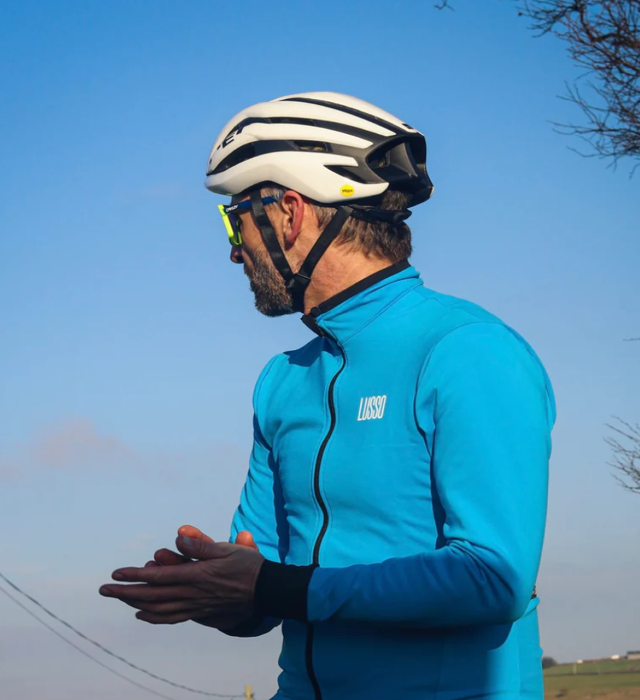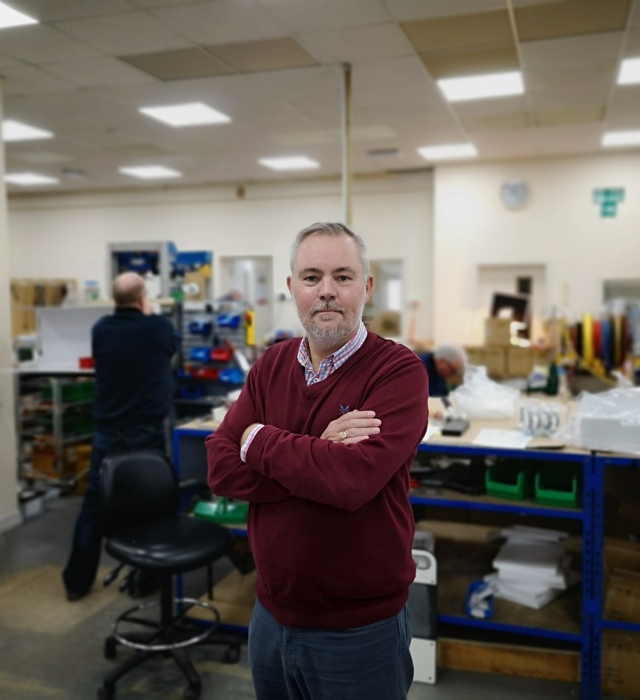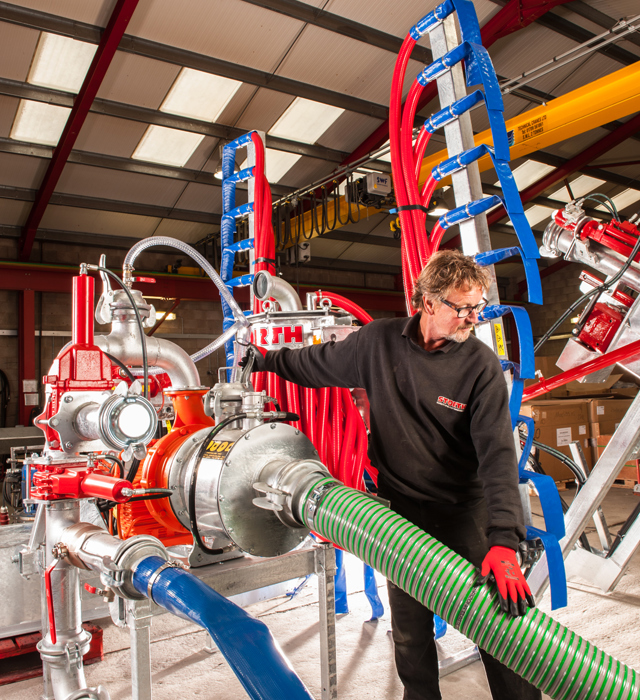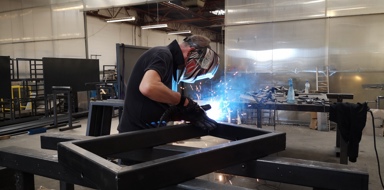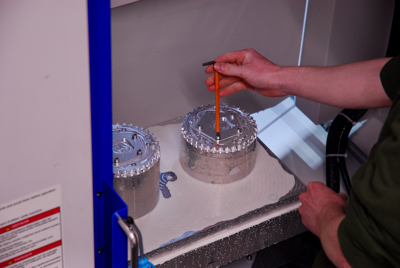
A manufacturer of bike components is unlocking innovation and growth with backing from Made Smarter.
Ratio Technology, based in Kendal in the Lake District, was founded in 2018 by engineers and cycling enthusiasts Tom Simpson and Felix Barker.
It specialises in drivetrain products including chainrings and derailleur cages, and has a growing customer base around the world.
The business has now invested in 3-axis CNC machining technology, bringing its production in-house, increasing opportunities for customisation and innovation, and reducing costly delays and mistakes due to subcontract manufacturing.
Case Study - Ratio TechnologyThis has transformed our efficiency. We can take concepts to production far faster than we could with a subcontractor.
Tom Simpson, Ratio Technology co-founder
Ratio Technology was launched from the research Tom and Felix performed as part of their engineering studies at Cambridge University. Since the business was launched in 2018, the pair have been driven to progress the design and manufacture of components which are made to work alongside existing parts made by larger companies. However, as a start up with limited resources, Ratio previously needed to use subcontractors to deliver their orders. Tom explained: “Our experience of using subcontractors for manufacturing was mixed, and we particularly wanted to begin our own CNC machining in order to reduce development time and improve quality control.”
With support and guidance from Made Smarter, Ratio were able to invest in a Brother R450X2 3-axis CNC machine.
The key feature of the solution is a twin pallet setup which allows one part to be machined while another is loaded. This allows for non-stop machining.
Housing design and production in one location means Ratio can now digitalise the entire workflow from concept to prototyping to production.
Tom said: “This has transformed our efficiency. We can take concepts to production far faster than we could with a subcontractor. Integration of the full production process means we can design with manufacturing in mind, making the entire process more efficient - whether that’s material consumption, tool use, or fixture design.”
Bringing manufacturing capability in-house has also meant that Ratio can produce its first fully ‘Made in the Lakes’ components.
The new capability is supporting Ratio’s growth plans and intentions to almost double its current team of four. This includes recruiting one more machine operator/assembly role, another engineer to help launch new products and another to support with inventory, shipping and day-to-day admin tasks.
Tom said the investment has been game-changing for the business.
“Made Smarter’s grant has accelerated our adoption of this vital technology by a year or more and broadened the scope of the investment,” he said.
The new in-house capability and incoming staff will support Ratio’s focus on its own new bicycle drivetrain technology.
If successful, Tom and the team are predicting the need to expand manufacturing and sales capability.
Tom said: “Ratio’s brand is built around disrupting the current planned obsolescence ethos in the bike industry. This is an approach that has earned us a great deal of respect amongst our customers, and one we will continue to keep at the centre of the business.
“Home-grown technology has been Ratio’s focus since the business was founded. While we launched through seed funding we have been able to organically fund the majority of our continued R&D work.
“We hope to be able to continue this organic growth through to launch, at which point our new products will fund their continued development.”
Ratio is also working towards Certified B Corp status to ensure it applies sustainable practices, whether they relate to manufacturing, shipping or running its office.



